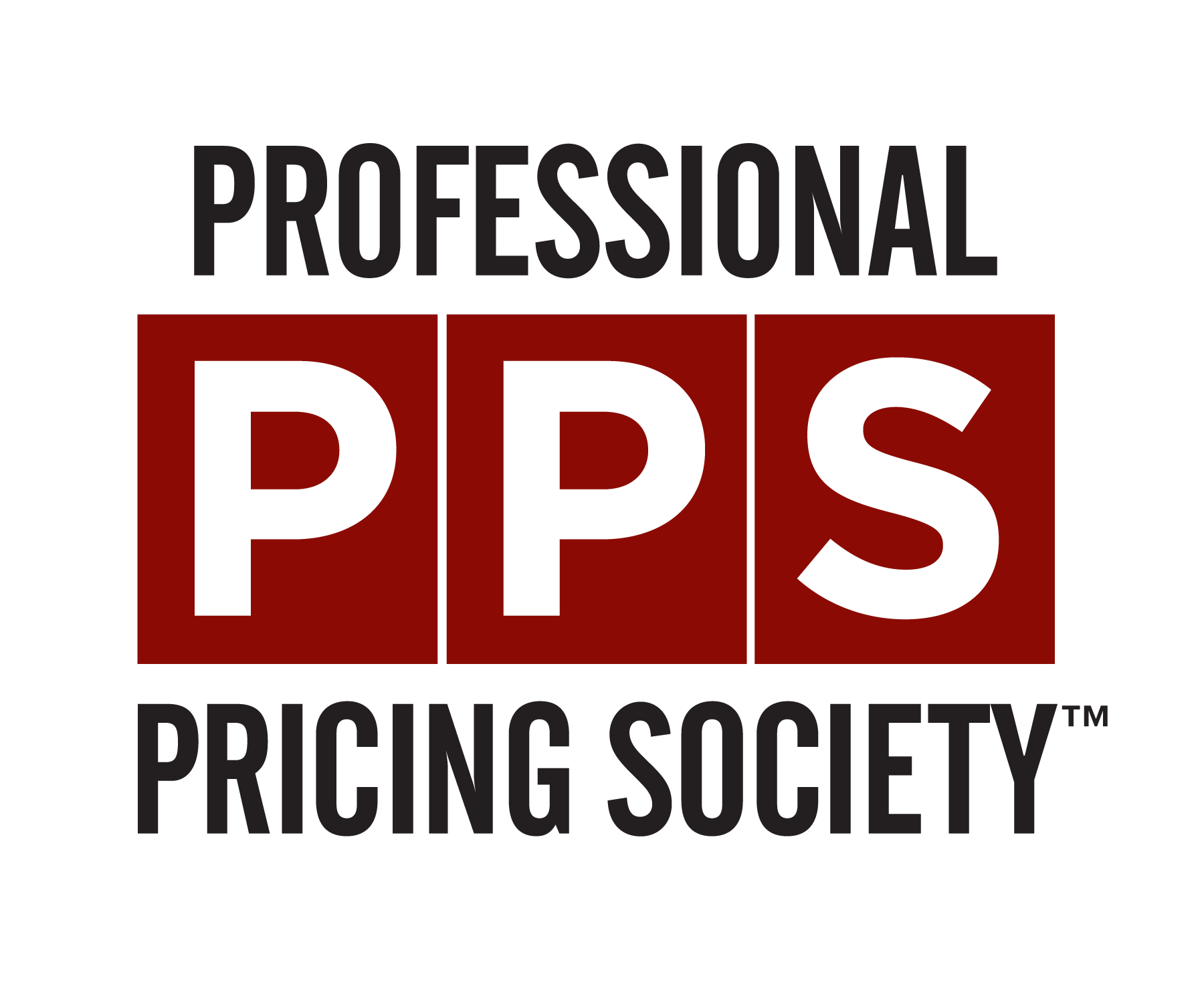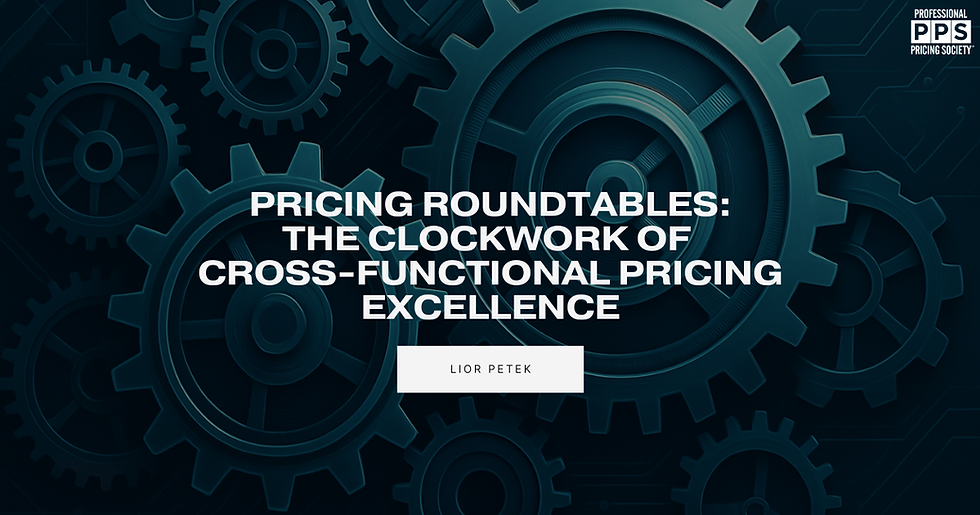3 Ways Companies Overlook Pricing
- Meagan Ford
- Aug 27, 2015
- 3 min read
Everyone in business knows it’s all about maximizing profits. And nothing has as much potential impact on the bottom line than smart pricing; the majority of incremental revenue from a price increase flows directly to the bottom line. Indeed a one percent increase in price for most companies often results in a 10% or greater increase in profits. Yet most companies fail to give pricing consideration the time and dedication needed for optimum effect. We believe there are three reasons why many companies give pricing decisions insufficient attention:
They often wrongly believe there is not much flexibility in price decision making; that they need in almost all cases either to match competitive pricing or mark-up a fixed percentage from cost of goods to meet pre-set gross profit goals. Many companies have a built-in inertia and resistance to innovative pricing thinking, as well as a lack of awareness as to what tools and techniques are available for measurability and smart decision-making.
Companies with strong sales-driven cultures often, by default, place paramount importance on revenue and unit volume to the detriment of profitability. This is typically because sales quotas are based on revenue and volume, not profitability. Sales people can often aggressively push through their points of view in the absence of a smart strategic-pricing dialogue.
Consumer marketing thinking infects B2B pricing decisions. Many firms in all types of industries recruit marketing talent from large “academy” consumer marketing giants. These companies typically market commodity products like soap or diapers with unique brand narratives. These high turn, heavily advertised products generally are more sensitive to pricing swings and operate in a more complex environment involving coupons, premiums etc. It’s a far different world than most B2B environments, and the pricing experience to higher ticket or service businesses may not translate well.
So what can be done to create the right environment that will support optimal pricing decisions in B2B companies? It begins with leadership from the top, of course, and a good place to start is with the creation of a senior position dedicated to pricing strategy. Some firms already have this position, but a high majority of companies with under $500 million in sales don’t. This person would make himself knowledgeable on the very latest pricing tools and strategies, and serve as a counterpoint to the three pitfalls noted above. Enrollment in regular pricing industry conferences — such as those produced by the Professional Pricing Society — is a good place to start. There the pricing executive could share experiences with hundreds of other dedicated pricing professionals and become well versed in leading-edge diagnostic tools that can monitor the impact of pricing changes in real time. He or she could also learn how to segregate different market segments for optimal pricing and profitability. And perhaps most importantly he could learn interpersonal tactics on how to change corporate culture with regard to pricing, without ruffling too many egos. Short of attending a conference there are webinars, case studies and white papers to be devoured and digested. Pricing is too important to get passed over. While some companies have more latitude than others, you don’t have to have the brand cache of an Apple to get the maximum value for your products. What’s needed first and foremost is a respect for the benefits of an optimal pricing strategy, a curiosity for the latest pricing tools, and the willingness to affect change in your company. Paying attention to pricing can have a profound effect on profit, without the cost or risk of adding new product lines or entering new markets.
About Kevin Mitchell
Kevin Mitchell is President of The Professional Pricing Society (PPS) and Publisher of The Pricing Advisor monthly newsletter and the quarterly Journal of Professional Pricing. Kevin is a frequent speaker at pricing conferences and events in North America and Europe, where he often discusses trends and demographic changes within the pricing discipline. Before joining PPS in 2007, he worked for 11 years in various financial management fields with Colgate-Palmolive and General Electric. He earned an MBA in marketing from The William E. Simon Graduate School of Business at the University of Rochester, and a B.A. in economics and english from Duke University. Mitchell resides in Atlanta. His hobbies include music, cooking and sports.





